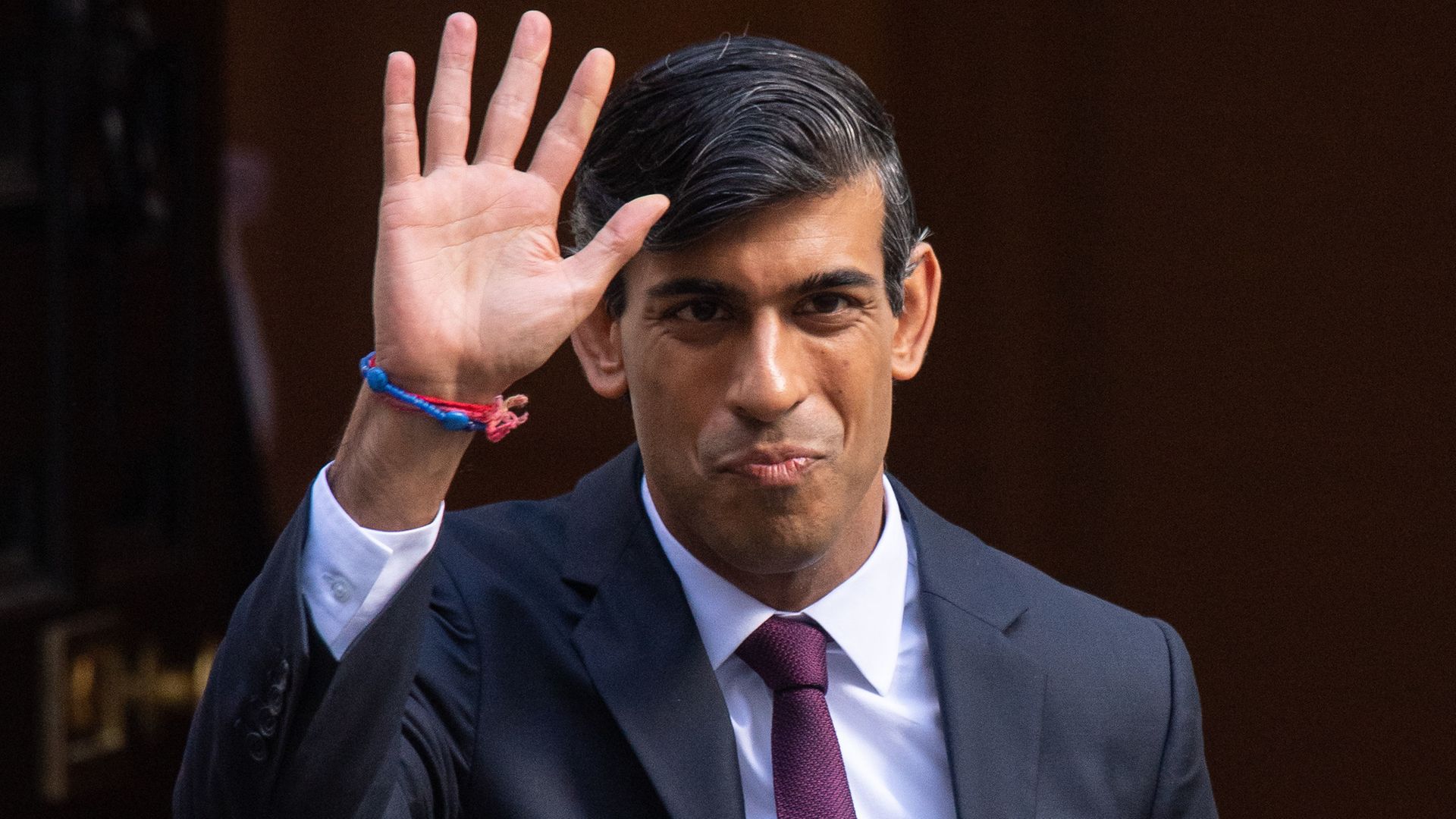
TIM WALKER on the list of the chancellor’s engagements, and the mystery of the missing BBC Boris Johnson documentary.
When it comes to ingratiating himself with the media, Boris Johnson will be alarmed to learn that his ambitious chancellor Rishi Sunak, pictured, is beating him at his own game. In the third quarter of 2020, Sunak ate out to help (himself) out with 23 key media players, compared to his boss’s 16.
Sunak’s Covid-friendly charm offensive was focused on Rupert Murdoch and his minions. He met the octogenarian tycoon towards the end of August, when he notes that “hospitality” was received. Sunak has also acknowledged in newly-released transparency data that he has met with the boss of Murdoch’s UK operation Rebekah Brooks, and, on two occasions, Victoria Newton, the Sun editor. On the same day he met with Newton in July, her paper noted: “what a relief that the chancellor has got his head screwed on.”
Also on Sunak’s little list is Emma Tucker, editor of Murdoch’s Sunday Times, as well as her political editor Tim Shipman, and John Witherow, the editor of the Times.
Of the other newspaper groups, Sunak met twice with both the Daily Mail editor Geordie Greig and Gary Jones, his opposite number on the Daily Express. He also got to see David Cameron’s sister-in-law Emily Sheffield, installed as editor of the London Evening Standard by Lord Lebedev.
Johnson also got to be granted an audience with Murdoch during this period, but he managed to bag a meeting, too, with Greig’s boss Lord Rothermere, as well as his former Telegraph paymasters Aidan and Howard Barclay. His former Telegraph editor Charles – now Lord – Moore, increasingly seen as Johnson’s guru, is also on his list.
New direction
Kishwer Falkner once sat on the Lib Dem benches in the House of Lords after being ennobled by Charles Kennedy, but she’s now an independent with few, if any, friends in her old party. Last week she antagonised them still further by voting with the government on excluding from UK trade deals any country that is involved with genocide.
The former air stewardess had previously signed an anti-genocide amendment led by Lord Alton, but, after the government appointed her as the £500-a-day chair of the Equality and Human Rights Commission last year, she appears to have become more ambivalent.
Falkner is described by one Lib Dem as “an extremist when it comes to pragmatism”. When, in 2017, Falkner decided to vote for Article 50 – in defiance of the position of the Lib Dems to which she then belonged – she breezily observed: “My heart will be with them, even if my head guides me otherwise.”
Zoom out
One of the few pleasures of the first lockdown for me was a series of Zoom interviews I gave to the BBC journalist Charlotte Evans in which I recalled the Boris Johnson I got to know during my 12 years working for the Telegraph titles.
Charlotte impressed me with her extensive research, incisive questioning and willingness to talk to a wide variety of people. Hers promised to be a thorough, honest and ground-breaking documentary about the prime minister. Almost a year on, I asked her if there was a transmission date. “I’m afraid we still don’t have one,” she said. I asked her what the problem was and she said it was best she said no more.
Nicola’s mate
It was “Nicola this” and “Nicola that” when Michael Gove wrote about the “triumph” of the Covid vaccine roll-out in the Mail on Sunday. He stressed how well he was getting along with Nicola Sturgeon. That might well have startled Scotland’s first minister, given she’d publicly rebuked him a couple of days earlier for failing to say how many older people in care homes had been vaccinated south of the border.
The whole basis of the interview surprised Gove watchers in the way it heaped praise on the “experts” who’d invented the vaccines, but it may well be the man in charge of making a success of Brexit was desperate to associate himself with something positive on a day he knew he’d be making front page news in another paper. The Observer headline that day: “Fury at Gove as exports to EU slashed 68% since Brexit.”
What do you think? Have your say on this and more by emailing letters@theneweuropean.co.uk
Warning: Illegal string offset 'link_id' in /mnt/storage/stage/www/wp-includes/bookmark.php on line 357
Notice: Trying to get property 'link_id' of non-object in /mnt/storage/stage/www/wp-includes/bookmark.php on line 37







